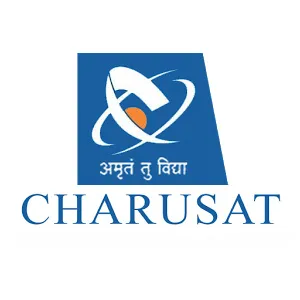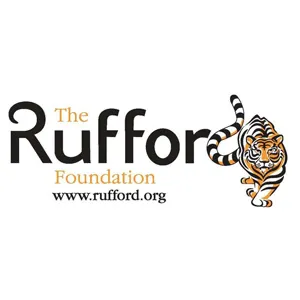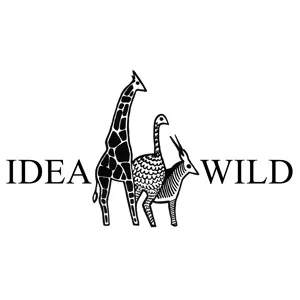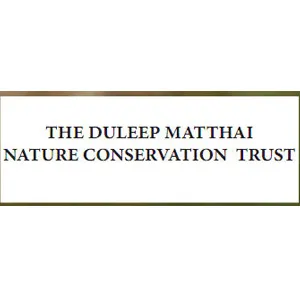Charotar Crocodile Count 2026
Join us for the annual Charotar Crocodile Count, a pioneering Citizen Science Initiative by Voluntary Nature Conservancy. Be part of the effort to establish a mugger crocodile population index in Gujarat’s Charotar region, making history in Asia’s conservation efforts.
Supported By




Join the Crocodile Conservation Movement
The Charotar Crocodile Count, launched in 2013 by Voluntary Nature Conservancy, annually unites participants from diverse backgrounds in the Charotar Region of Gujarat to partake in mugger crocodile surveys, fostering understanding of wetland ecosystems and conservation. This pioneering initiative not only enhances our knowledge of crocodile distribution but also facilitates interactions with local communities. With a decade of invaluable data aiding wildlife management, the 2026 iteration, co-hosted by Charotar University of Science and Technology (CHARUSAT), renews its commitment to empowering conservation leaders through innovative training approaches.
Conservation Contribution
Contribute to the conservation efforts of mugger crocodiles by participating in field surveys and data collection, making a tangible impact on their preservation.
Community Engagement
Engage with a diverse community of fellow enthusiasts, scientists, and conservationists, fostering connections and shared passion for wildlife conservation.
Educational Experience
Gain hands-on experience in wildlife research methodologies and learn about the ecology and behavior of mugger crocodiles, enhancing your understanding of local ecosystems.
Chief Guest
Dr. Steven G. Platt
Dr. Steven G. Platt is a leading herpetologist and a driving force in reptile conservation across Asia. With over 30 years of field experience, he has helped recover species once thought extinct, including the Burmese Roofed Turtle and the Chinese Alligator.
Originally from Baton Rouge, Louisiana, Steven’s passion for reptiles led him to earn degrees in wildlife management and zoology, culminating in a PhD on crocodile ecology in Belize. Since then, he has worked across Myanmar, Cambodia, Thailand, Laos, and China—blending scientific research with community-based conservation.
As the Wildlife Conservation Society’s herpetology lead for Southeast Asia and China, Steven has guided the reintroduction of over 1,000 Burmese Star Tortoises and developed breeding programs for critically endangered turtles. His efforts to protect Siamese crocodiles and Southern River Terrapins have become regional conservation models.
A recipient of the IUCN Crocodile Specialist Group’s Castillo Award, Steven has published widely and continues to mentor young conservationists. Outside the field, he enjoys reading, cycling, and what he fondly calls “walking the Earth.”
- Nitya Rao
Participating in the Charotar Crocodile Count has been a transformative experience. The event is impeccably organized, and it’s inspiring to see so many people come together for this. The data we gather helps make a real difference in crocodile conservation efforts. I highly recommend it to anyone passionate about wildlife and nature!
- Ananya Sharma
Being a part of Charotar Crocodile Count was incredibly rewarding. The team at Voluntary Nature Conservancy does a fantastic job of making the event educational and engaging. It’s not only about counting crocodiles but also about contributing to their conservation and learning from experts.
Arjun Harish
Alankrita Narayan
They have the technology, they have drones, they have good cameras, so they can do the monitoring part of the work very easily, very efficiently......we got to interact with the people in the villages and we really understand what a marvel this landscape is because of the coexistence.
Dr. Kartik Shanker
It's really amazing to come out here to Charotar and encounter this landscape where crocodiles are living in these ponds and canals in such close proximity to people and to have so little conflict, so much acceptance of the crocodiles from the people.